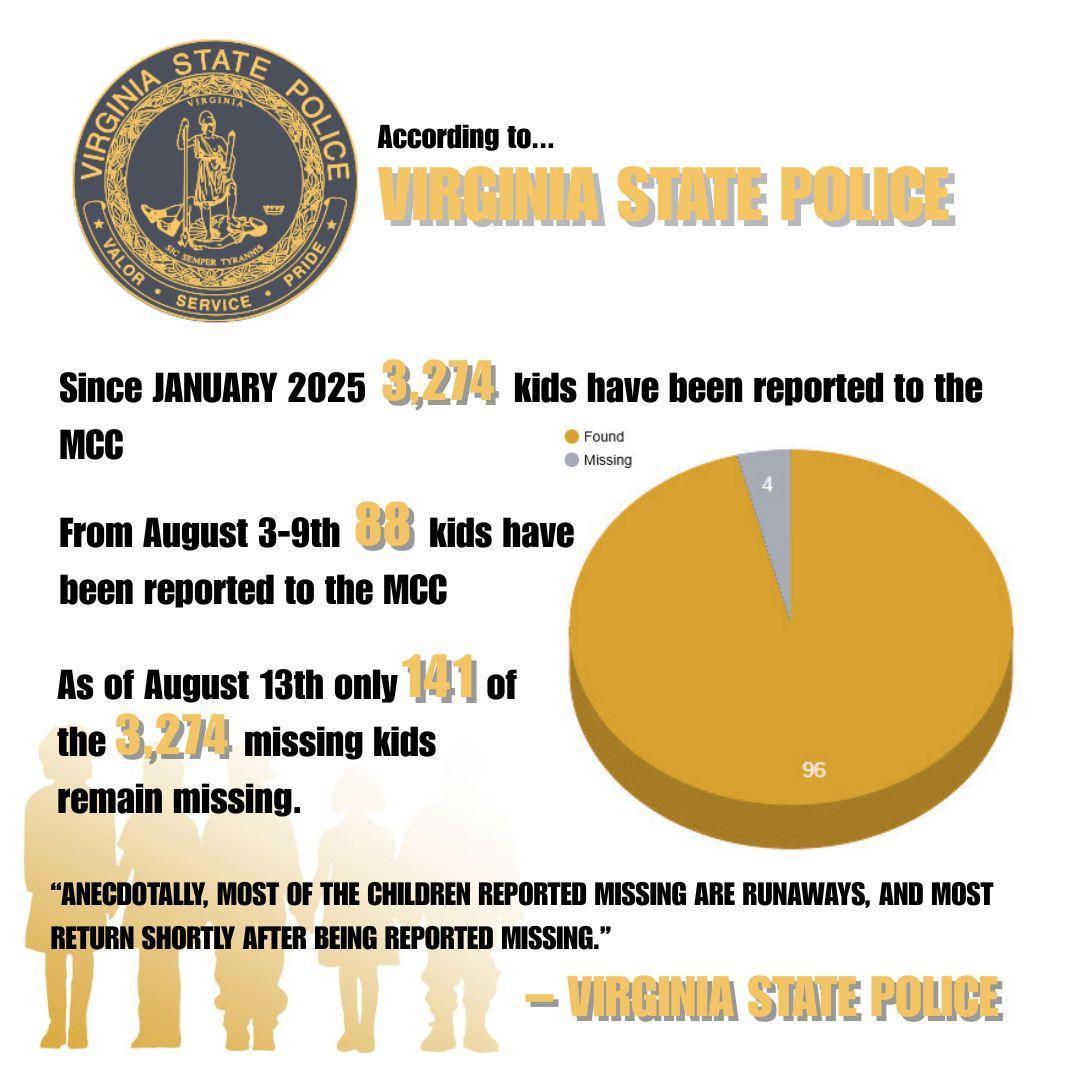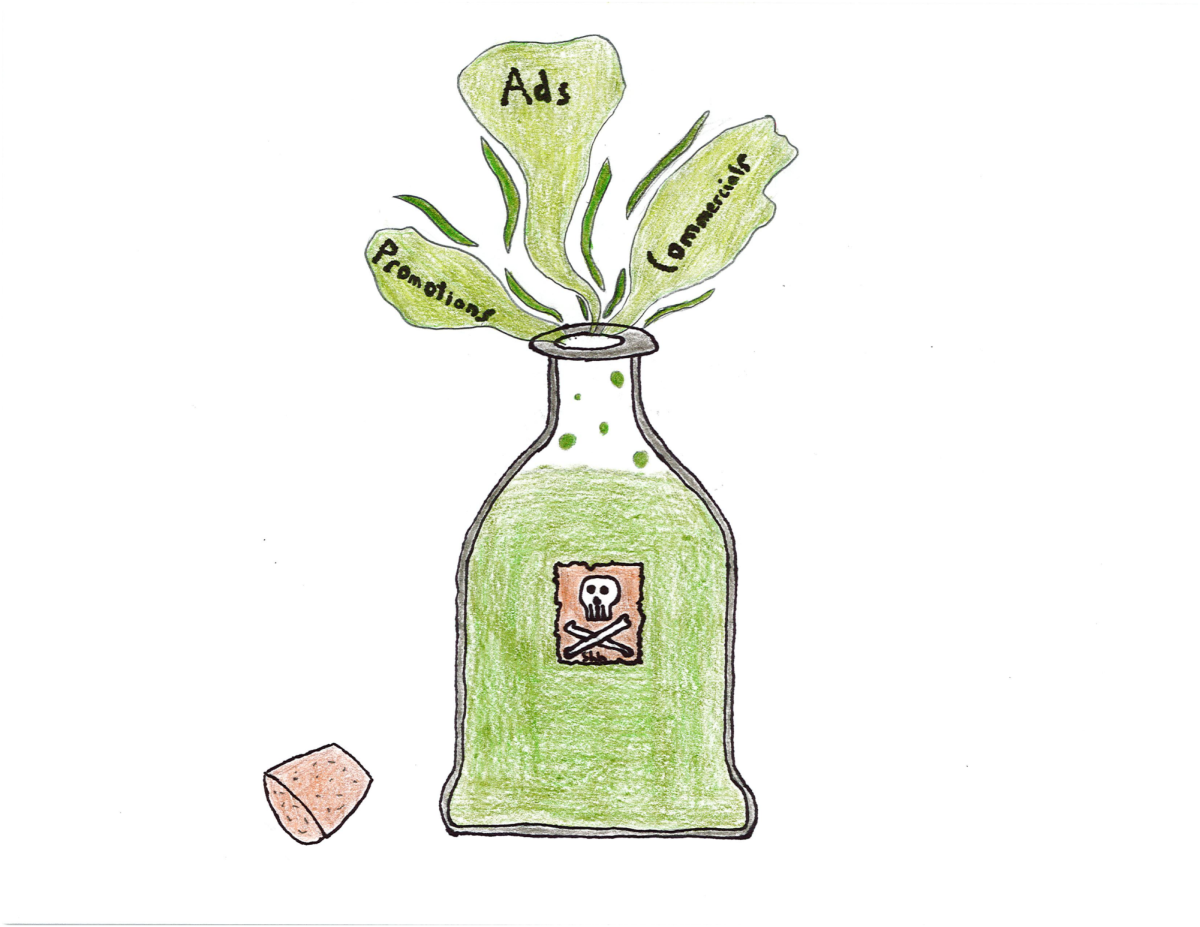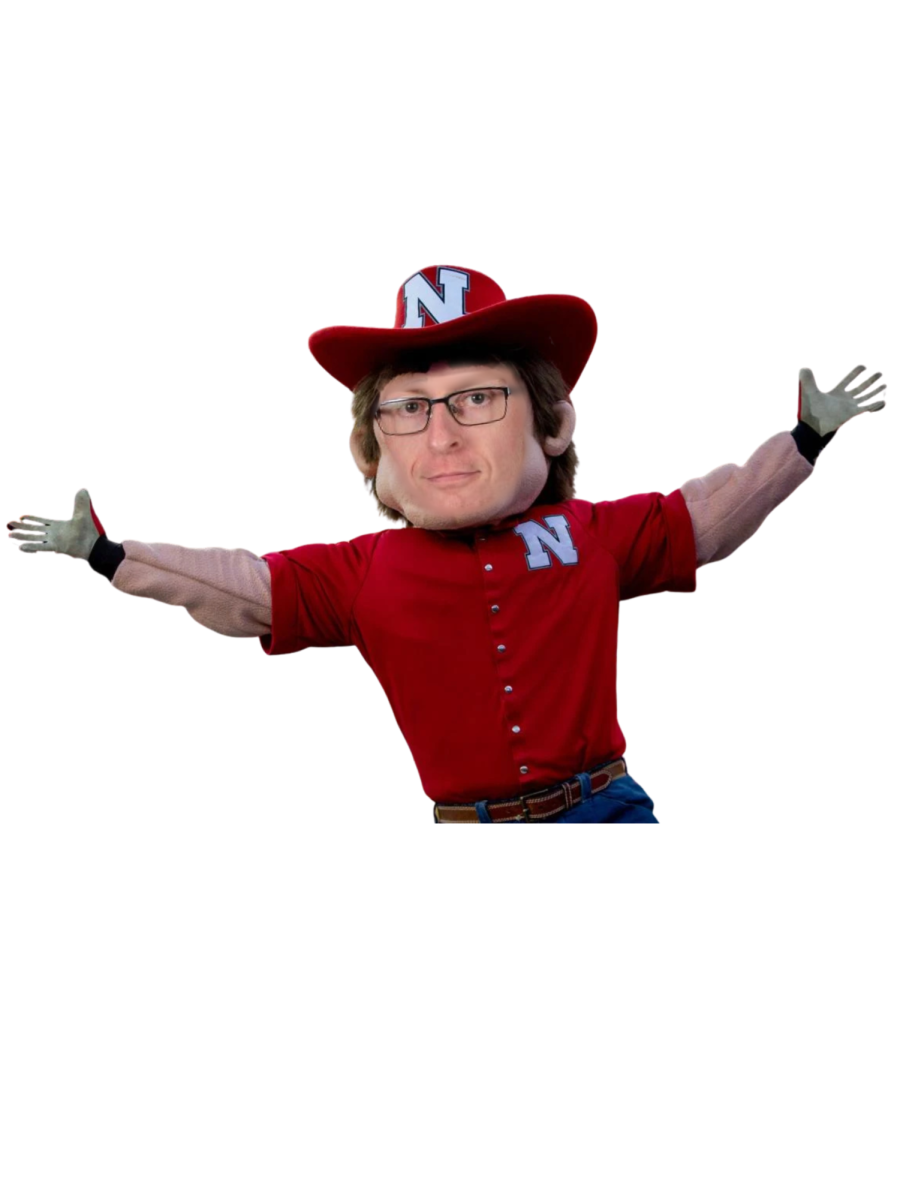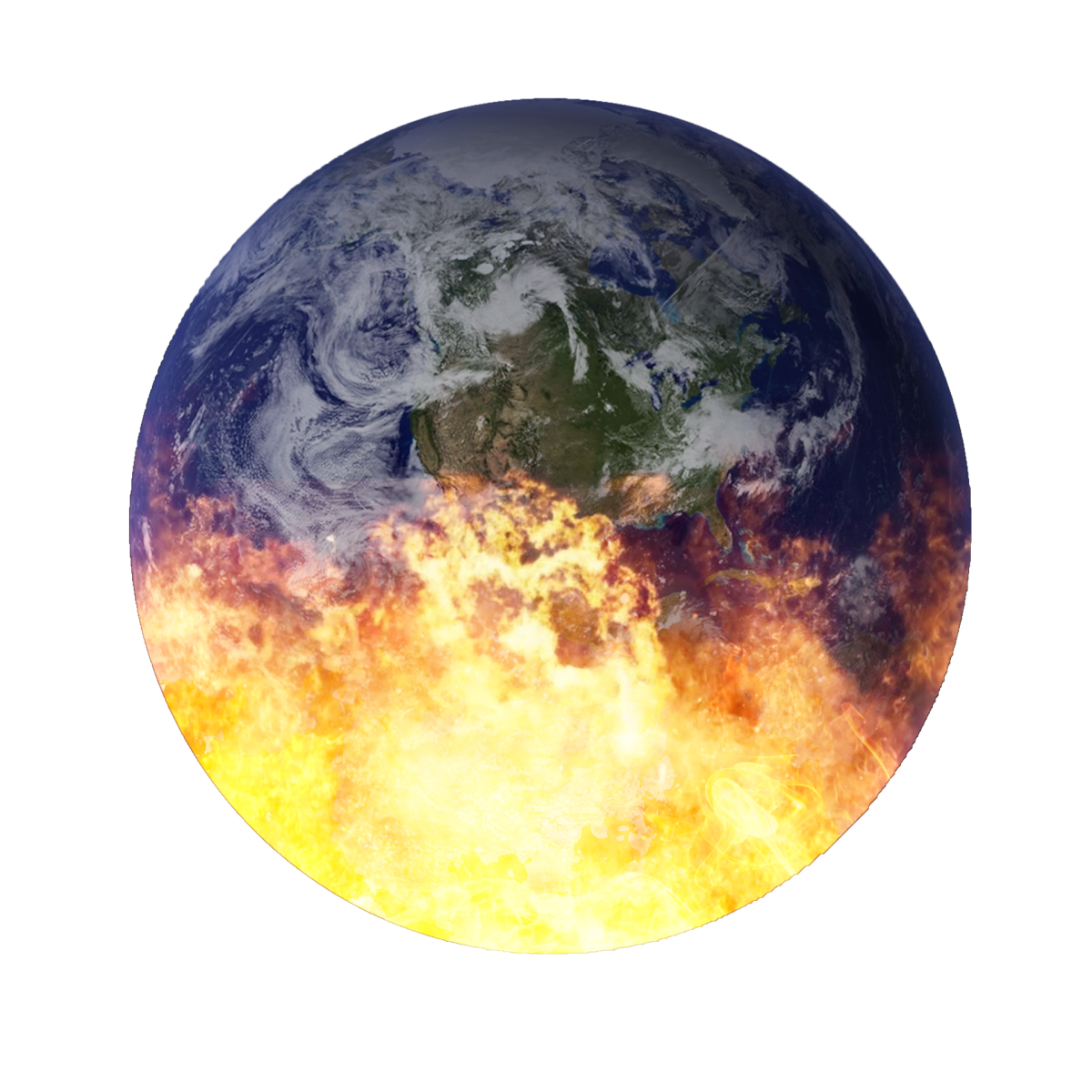It is very well known that it is much warmer now than it was more than a century ago. There are many reasons for why in the past 150 years, the average temperature around the world has risen over 6.5° F, but how are we as Nebraskans contributing to the growing concern?
Carbon dioxide, one of the most important greenhouse gases emitted into the atmosphere, is one of Nebraska’s biggest flaws. Nebraska produces the tenth most CO₂ emissions out of all 50 states. The state has the seventh highest emissions per capita, with an average of 24.88 metric tons per capita, which is a great deal compared to the nation’s average of 14.44 metric tons per capita.
There are many factors as to why Nebraska’s CO₂ emissions are among the highest in the United States. For one, Nebraska’s heavy use of pesticides in agricultural practices contribute significantly to the state’s total greenhouse gas emissions.
However, the biggest problem with pesticides is as climate change continually worsens, the farmers’ need for these chemicals increases. This is because higher temperatures cause more outbreaks and damage from unwanted pests. This results in farmers using more chemicals, which makes the climate warmer through a seemingly endless cycle, according to an article by Pesticide Action Network.
Along with the hazardous use of pesticides in Nebraska, another struggle is the usage of valuable natural gases. In 1970, our annual carbon dioxide emissions from natural gases totaled 11.7 million metric tons of CO₂, however as recent as 2006, our total natural gas emissions were less than 7 million metric tons annually.
Unfortunately, in the past ten years Nebraska has had an average of 9.4 million metrics tons of CO₂ from natural gases emitted per year. Since 2000, our total annual CO₂ emissions have shot up 13.3%. Nebraska only trails behind Idaho which had an increase of 30.8%, however their annual emissions are less than half of ours.
According to the EIA, more than two-thirds of Nebraska households rely on natural gas to heat their homes. Along with the reliance of natural gas for household appliances, agricultural practices make up for most of Nebraska’s natural gas usage, with agriculture alone making up more than half of the natural gas consumed in the state.
Although Nebraska, in the grand scheme of things, isn’t single handedly killing the world with our CO ₂ emissions, we need to be mindful about how we use our resources. We can’t dictate how other countries deal with our planet’s natural resources, but we can make sure we are doing our job to preserve our planet’s life.






























